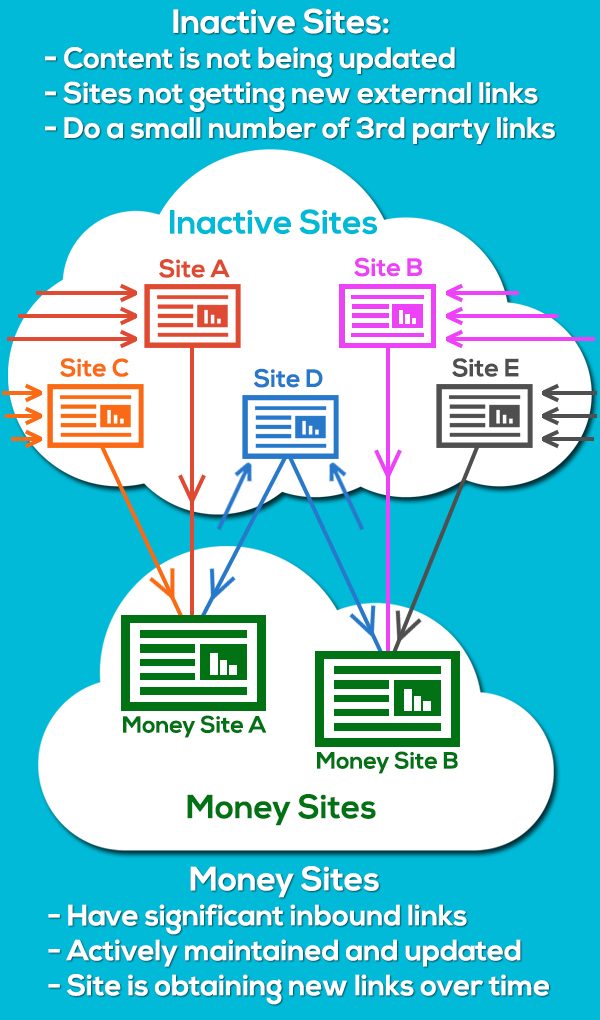All Categories
Featured
Table of Contents
They can also more easily outperform rivals for important keyword phrases in their particular niche. Semantic search engine optimization is the procedure of developing more meaning and topical deepness right into internet material. By doing so, you help Google crawlers much better comprehend your content. You also aid them see it as high-grade and hence promote it regularly in the SERPs.
Crawlers merely tried to find specific key words on a page to comprehend definition and importance. But all of us recognize that there is a great deal much more that goes into comprehending human language than simply the words we use. Context, faces, tone, and the paragraphs prior to and after our words, all impact their significance.
A few of the largest transforming factors in this initiative include: Knowledge Chart: A large, innovative between certain entities and principles. Hummingbird: and context behind queries, reducing the emphasis on particular key words. RankBrain: and hence supply individuals with even more appropriate search results page. With these improvements, Google can take a look at an item of content and comprehend not just the topic it covers, but the relevant subtopics, terms, and entities and exactly how all of those different principles interrelate.

The reality is, searchers aren't always just looking for one specific answer when using Google; they are usually trying to comprehend an offered topic with even more depth. What's the distinction between white hat and black hat web links? In terms of the search experience, it's much much better for the user to locate a solitary item of content that addresses all of those related concerns rather than separate items of content for each specific inquiry.
The Leading Semantic Content Strategies To Get
It allows them to get more extensive info without needing to continuously return back to the search bar. Although semantic SEO techniques require more effort and time on the component of web content groups, the advantages are considerable. Much more keyword rankings in organic search. Boosted content high quality signals in the eyes of Google spiders.
Incorporated together, they are all focused on boosting topical deepness and better sharing the meaning of internet content.
One of the most basic semantic search engine optimization technique is to boost the size of your web content by supplying a more detailed exploration of your subject. Although material size is not a main ranking aspect, longer content is more probable to display more powerful semantic signals. Also, a number of researches have shown the strong connection in between longer material and higher-ranking positions.
Which Is The Premier Semantic Tagging For Seo Company?

, yet adding these terms to the material by means of web page titles, meta descriptions, h1-h6s, and image alt text can improve topical deepness and semantic signals, while likewise making the web content much more legible and nuanced for searchers. Another method to improve the semantic depth of your material is to respond to the usual concerns that users are asking in relationship to your primary keyword phrase.
They basically offer the "rip off codes," to enhance topical depth. Screenshot from SearchAtlas, February 2022 A SEO content author can definitely check out the material position on the first web page to identify the important terms. Yet content optimization software application does the very same operate in a matter of seconds. By including those terms, subjects, or concerns onto the page, you enhance topical depth and hence practice semantic search engine optimization.
Subject clusters are groups of content pieces that are centered around a main topic. The keyword collection visualized in approach # 1 is a component of a larger subject collection focused on web link structure. The numerous short articles (each targeting their own search phrase collection) all web link back to a key "pillar page," that is concentrated on the bigger subject of link structure.
Who Is The Premier Semantic Seo Manufacturer
By doing so, Google will not only connect your website with a couple of key words but several larger topics and the hundreds of keywords and search questions that are associated to them. Included Image: pogonici/Shutterstock.
In the old days, when search engines weren't as progressed as they are today, locating accurate answers to questions in a single click was a rarity. A search for "MySpace vs Facebook", would most likely lead customers straight to these web sites rather of supplying a clear contrast in between the two.
Which Is The Top Semantic Seo Checklist Brand
The end result is a featured fragment that explains just how the 2 social media networks vary from each other. Google's end objective is to give the most pertinent outcomes to searchers. Google AI Overviews Study by SE RankingDownload our study and discover what keywords cause AIOs and much extra! You're good to go! Click the link we sent you in the e-mail to verify your emailand obtain AI Overviews Study by SE Position is the process of optimizing your content for a topic as opposed to for a solitary keyword or phrase.
This strategy aids online search engine supply even more meaningful outcomes and boosts the overall individual experience in search. Semantic search engine optimization, at its core, is concerning developing extensive material with all the essential info for a particular subject. To develop engaging material and maximize an internet site for visibility in search engine result, it is essential to understand Google's present techniques to ranking websites and showing details on SERPs.
Latest Posts
What Is The Most Reliable Semantic Seo You Can Buy
Who Has The Most Recommended Semantic Tagging For Seo?
What Is The Top Semantic Seo For Beginners